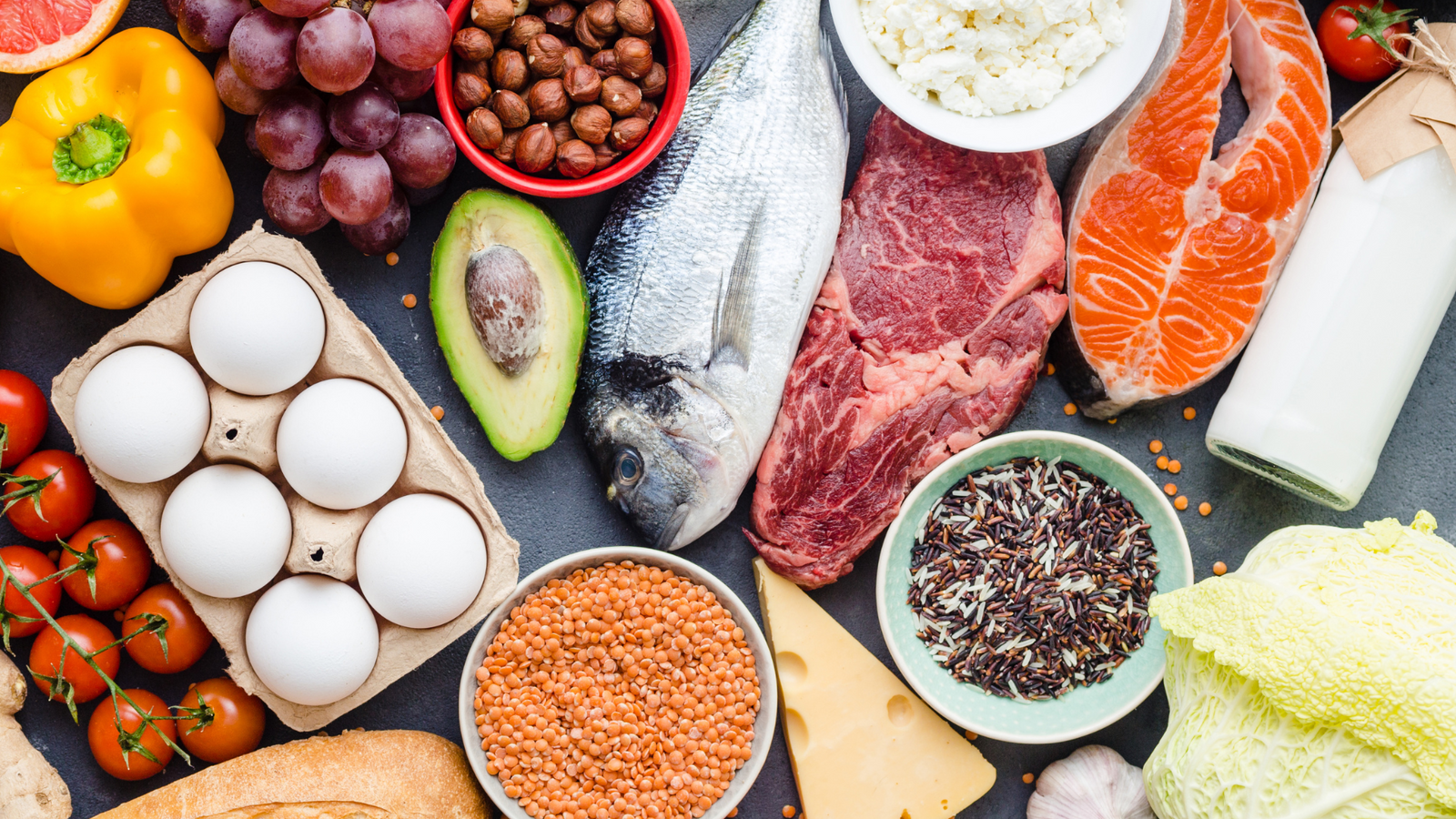Your Cart is Empty
Free shipping on Orders $79+
Free shipping on Orders $79+
Explore

The Blueprint For Complete Nutrition: The 7 Pillars Of Healthy Eating
June 04, 2023 3 min read
In the fast-paced world of fad diets and quick-fix health solutions, the concept of complete nutrition often gets overlooked. Yet, it is the cornerstone of a truly healthy lifestyle. Complete nutrition is about providing our bodies with the balanced nourishment they need to function optimally, ensuring we feel our best and prevent diseases.
From the macronutrients that form the bulk of our diet, to the micronutrients that fine-tune our bodily functions, and even to the water that sustains us, understanding complete nutrition can be a game-changer.
So, whether you're just beginning your wellness journey or you're a seasoned health enthusiast, join us as we delve into the wonderful world of complete nutrition.
In this blog, we'll explore the essential components of a balanced diet and why each one matters. Get ready to discover the power of proteins, the function of fats, the charm of carbohydrates, the vital role of vitamins and minerals, the significance of fiber, the importance of hydration, and the dynamic duo of probiotics and prebiotics.
The 7 Components Of Optimal Nutrition
1. Macronutrients: the nutrients that our bodies require in large amounts.
- Proteins: the building blocks for our muscles and tissues. Foods high in protein include lean meats, poultry, fish, eggs, legumes, and nuts. Vegan Vanilla Proteini is a great additional source of protein (1 serving = aprox. 20% RDI)
- Carbohydrates: our main source of energy. Healthy sources include whole grains, fruits, and vegetables. Avoid refined carbs (white bread, sugar, pastry, pasta etc.)
- Fats: they help our bodies absorb vitamins and protect our organs. Look for healthy fats in foods like avocados, nuts, seeds, and fish.
2. Micronutrients: These are the vitamins and minerals that our bodies need in smaller amounts, but are still essential:
- Vitamins: There are 13 essential vitamins that our bodies need to function properly, including vitamins A, C, D, E, K, and the B vitamins.
- Minerals: Essential minerals include calcium, potassium, and iron. They're important for bone health, muscle function, and carrying oxygen in our blood.
Our Organic Pressed Greens, Revive Beets + Roots, and Immunity Wellness are very rich in vitamins and minerals. This is because we cold-pressed organic veggies, roots, and superfoods to keep the nutrients intact.
3. Fiber: dietary fiber can help maintain bowel health, control blood sugar levels, and help with weight loss. Foods high in fiber include whole grains, fruits, vegetables, and legumes. A great additional source is Pineapple Chia Cleanse (1 serving = 25% RDI)
4. Water: About 60% of our body is water. It's vital for every system in our body to function properly. Drink at least 1.5 litres of water daily.
5. Phytonutrients: These are chemicals produced by plants.
They're not essential for keeping us alive, but they can transform our health. They're found in a variety of fruits and vegetables. All our juices are also packed with phytonutrients!
6. Probiotics and Prebiotics: Probiotics are beneficial bacteria, while prebiotics are food for these bacteria.Both are important for gut health. Pineapple Chia Cleanse contains both prebiotics and probiotics. This is why it helps digestion so much.
7. Healthy Eating Patterns: It's not just about what you eat, but also how you eat. Regular, balanced meals are important, as is mindful eating.
Conclusion
Understanding complete nutrition is about more than just counting calories or following the latest diet trend. It's about recognizing the unique and crucial role that each nutrient plays in our overall health and wellbeing. From proteins to fats, carbohydrates to fiber, and the often-overlooked importance of hydration and gut health, each element contributes to the symphony of our body's functions.
Embracing complete nutrition means understanding these roles and making mindful choices that reflect a balanced and comprehensive approach to our meals. It's not about perfection, but about making a concerted effort to nourish our bodies with what they need most.
Remember, while this guide provides a comprehensive overview of complete nutrition, individual needs can vary greatly. Always listen to your body and consider seeking professional guidance if you're unsure about what your specific dietary needs might be.
{"themeColor":"#574CD5","iconColor":"#574CD5","showLogo":true,"topBottomPosition":10,"rightLeftPosition":10,"iconSize":"small","iconCustomSize":64,"position":"bottom-left"}

